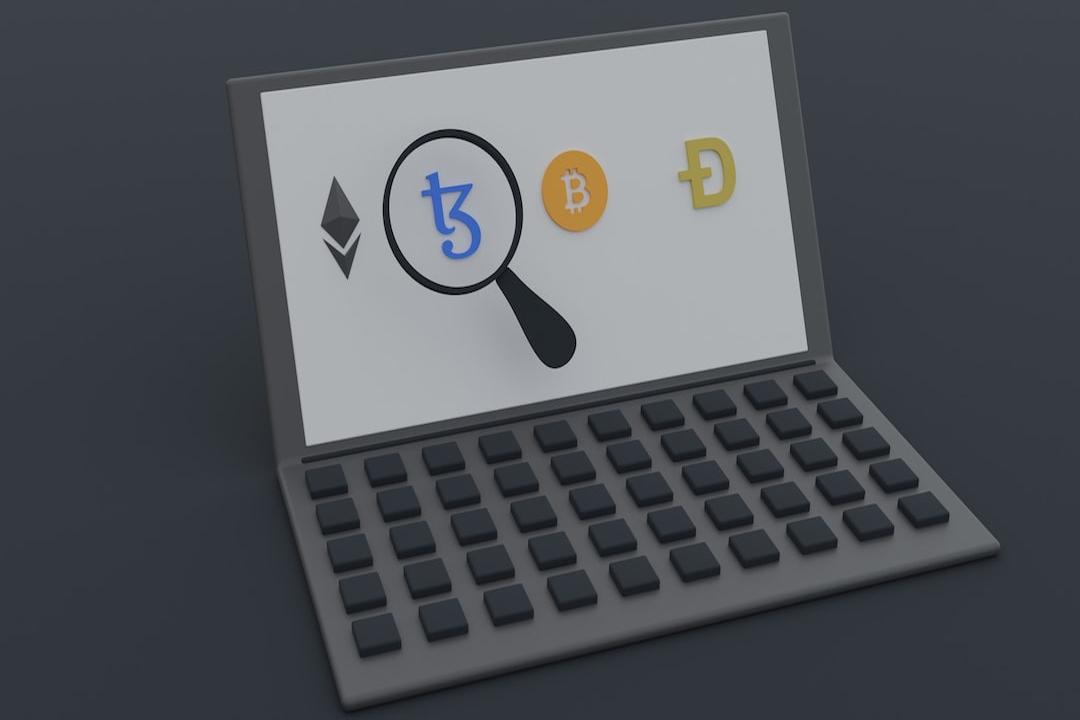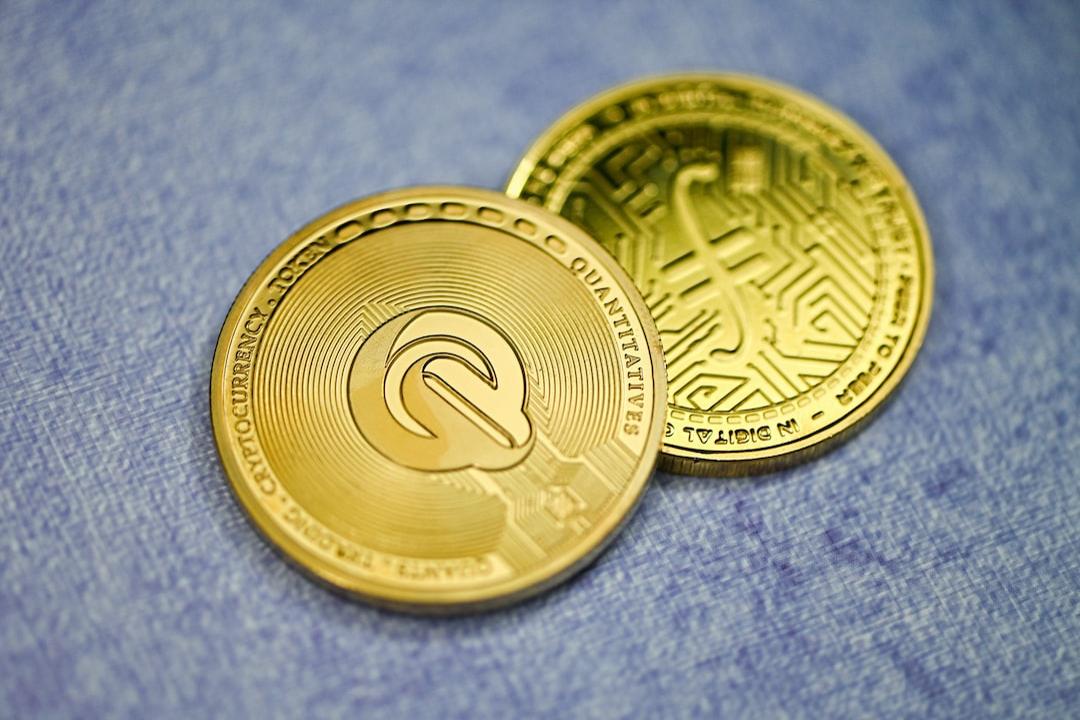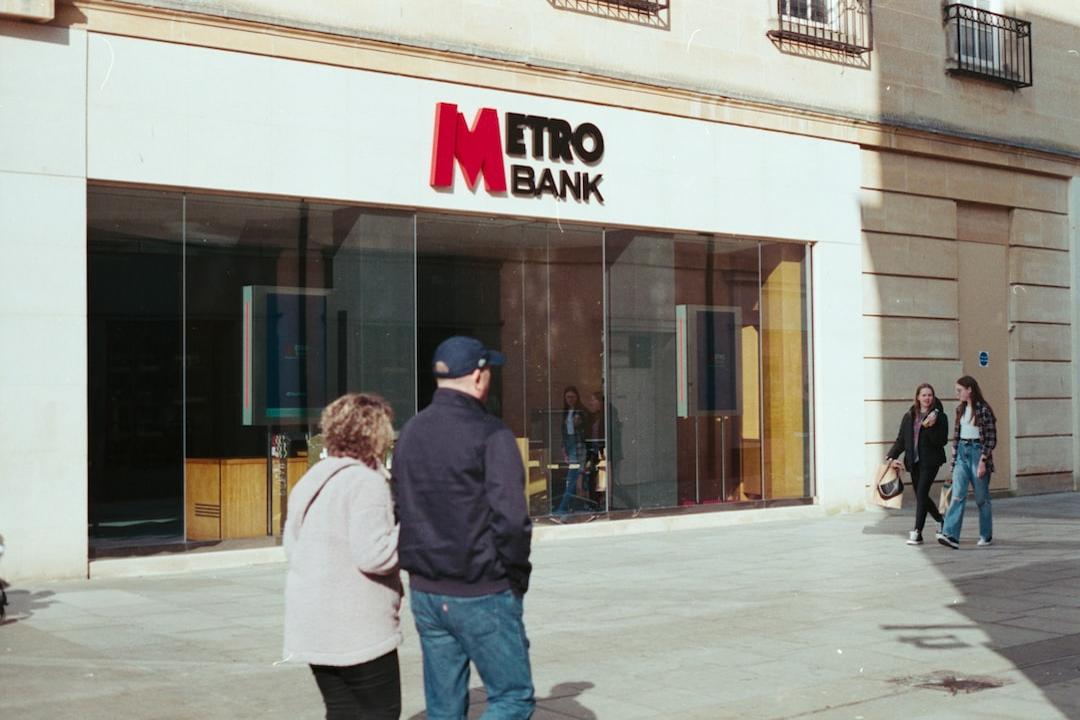Ethereum Wallet
The founder of Ethereum is Vitalik Buterin. He proposed the concept of Ethereum in 2013 and co-founded the Ethereum project in 2014 with Gavin Wood, Joseph Lubin, Anthony Di Iorio, Charles Hoskinson, Mihai Alisie, and Amir Chetrit.
Ethereum ETH Latest Price Today
Rank
Currency Name
USD Price
$
24H Change
Market Cap
$
Initial Issue Price
24h High
24h Low
1

ETH
Ethereum
$3,394.37
0.53%
$407.6 billion
$0.308044
$3,422.02
$3,349.43
Ethereum ETH Trend Chart
Candles
Trends
All
24H
7 days
30 days
Last three months
Last year
All
24H
7 days
30 days
Last three months
Last year
Ethereum Wallet
The founder of Ethereum is Vitalik Buterin. He proposed the concept of Ethereum in 2013 and co-founded the Ethereum project in 2014 with Gavin Wood, Joseph Lubin, Anthony Di Iorio, Charles Hoskinson, Mihai Alisie, and Amir Chetrit. Here are some key points about Vitalik Buterin:
Early Career: Vitalik Buterin was born on January 31, 1994, and is of Russian-Canadian descent. He developed a strong interest in programming and cryptocurrencies at a young age and was involved in the Bitcoin community in 2011. He also co-founded “Bitcoin Magazine,” one of the early publications on Bitcoin and cryptocurrencies.
Proposal of Ethereum: In 2013, Buterin released the Ethereum white paper, introducing a new blockchain platform that allows developers to build and deploy smart contracts. This platform is not only a decentralized currency system but also supports the development and operation of decentralized applications (DApps).
Development of Ethereum: In 2014, Ethereum raised funds through an Initial Coin Offering (ICO). In 2015, the Ethereum network officially launched, marking the birth of the smart contract platform.
Technical Contributions: Buterin has made significant contributions to the field of cryptocurrency and blockchain technology, including Ethereum’s consensus mechanism and the Solidity smart contract language. He has been actively involved in the technical community, driving the continuous development of the Ethereum ecosystem.
Personal Influence: Buterin is widely regarded as one of the leading thinkers in the blockchain technology and cryptocurrency field. He frequently speaks at technology conferences and forums worldwide, sharing insights into decentralized technology and visions for future development.
As the second-largest cryptocurrency platform, Ethereum has had a profound impact on the application of blockchain technology, benefiting from Ethereum’s innovation and development. Vitalik Buterin, as one of the founders and main proponents of Ethereum, continues to play a significant role in this rapidly evolving field.
What Is an Ethereum Wallet?

An Ethereum wallet is a tool for managing Ethereum and related assets such as Ether (ETH) and ERC-20 tokens. Ethereum wallets can help users store, receive, and send Ether and other Ethereum-based tokens, as well as interact with smart contracts on the Ethereum blockchain. Here are some key points about Ethereum wallets:
Software Wallets: These wallets are applications that can be installed on desktops, mobile devices, or as browser extensions. Common Ethereum software wallets include:
MetaMask: A popular browser extension wallet for easy interaction with decentralized applications (DApps).
MyEtherWallet (MEW): An open-source Ethereum wallet offering a user-friendly interface and powerful features.
Trust Wallet: A mobile wallet supporting multiple cryptocurrencies, including Ethereum.
Hardware Wallets: These are physical devices that provide high security by storing private keys in an offline environment. Common hardware wallets include:
Ledger Nano S/X: Secure storage for Ethereum and other cryptocurrencies.
Trezor: Another popular hardware wallet supporting multiple cryptocurrencies.
Paper Wallets: This is a cold storage method where private keys and public keys are printed on paper. While high in security, the use and management of paper wallets require caution.
Web Wallets: These wallets are accessed through web browsers, convenient but relatively lower in security. Users need to trust the website providing wallet services.
Functions
Asset Storage and Management: Ethereum wallets allow users to securely store Ether (ETH) and various ERC-20 tokens.
Sending and Receiving: Users can send and receive Ether and other tokens through the wallet.
Smart Contract Interaction: Many Ethereum wallets support interaction with smart contracts, allowing users to participate in decentralized finance (DeFi) protocols, purchase NFTs, and more.
Key Management: Wallets generate and manage users’ private keys and public keys, ensuring the security of assets.
Transaction Records: Users can view all transaction histories and track the status of each transaction.
Security Considerations
Backup Private Keys: Ensure that private keys or recovery phrases are securely backed up and stored in a safe place.
Use of Hardware Wallets: For large assets, using a hardware wallet is a secure choice.
Beware of Phishing Websites: When accessing web wallets, ensure that the correct official website is being accessed to avoid phishing attacks.
Regular Software Updates: Ensure that the latest version of wallet software is being used to avoid known vulnerabilities.
Overall, the security of an Ethereum wallet largely depends on the user’s habits and emphasis on security measures. Choosing the appropriate wallet type and following security recommendations can significantly enhance the security of Ethereum wallets.
Is Ethereum Wallet Safe?

The security of an Ethereum wallet depends on several factors, including the type of wallet, usage habits, and emphasis on security measures. Here are key factors affecting the security of Ethereum wallets and recommendations:
Wallet Types
Hardware Wallets:
High Security: Hardware wallets are considered the most secure as they store private keys in an offline environment, mitigating the risk of online attacks.
Recommended Brands: Ledger Nano S/X, Trezor.
Usage Recommendations: Regularly update firmware and ensure that the device is not physically stolen.
Software Wallets:
Medium Security: Software wallets (such as MetaMask, Trust Wallet) are common and convenient to use, but their security depends on the condition of the device.
Usage Recommendations: Keep devices and software up to date, install antivirus software, and avoid installing applications from unknown sources.
Paper Wallets:
High Security but Susceptible to Damage: Paper wallets print private keys on paper for offline storage security but are susceptible to physical damage or loss.
Usage Recommendations: Safely store paper wallets and avoid exposure to water, fire, and other risks.
Web Wallets:
Low Security: Web wallets rely on the security of websites and are susceptible to phishing attacks and website compromise risks.
Usage Recommendations: Ensure that the correct official website is being accessed and avoid using public networks.
Usage Habits
Backup Private Keys: Private keys or recovery phrases are the only way to restore a wallet, so ensure backup and safekeeping.
Two-Factor Authentication: Enable two-factor authentication (2FA) to add an extra layer of security.
Password Strength: Use strong passwords and avoid using simple or common passwords.
Security Measures
Phishing Attack Prevention: Beware of phishing websites and fraudulent emails, ensuring that the environment for entering private keys or recovery phrases is safe and trustworthy.
Regularly Check Transaction Records: Regularly check the wallet’s transaction records to promptly identify and address any abnormal activities.
Software Updates: Regularly update wallet software to ensure the latest security patches and features.
Common Security Recommendations
Do Not Share Private Keys: Never share your private keys or recovery phrases with anyone, anywhere.
Diversify Asset Storage: Avoid keeping all assets in one wallet to spread risk.
Offline Storage: Consider using hardware wallets or paper wallets for offline storage of long-term holdings.
Overall, the security of an Ethereum wallet depends to a large extent on the user’s habits and emphasis on security measures. Choosing the appropriate wallet type and following security recommendations can significantly enhance the security of Ethereum wallets.
Hot News on Ethereum Wallet

The potential of Ethereum is not only in the approval of spot ETFs. A steady public chain, Ethereum stands strong. Why can Ethereum dominate alone?…

Reflection on Ethereum Governance: Why is Everyone Dissatisfied with the EIP-3074 Event? The ERC-4337 community expressed opposition to the EIP-3074 proposal, mainly due to the potential centralization risks of EIP-3047, which are inconsistent with the Ethereum account abstraction roadmap, the core of which is EIP-4337 and its close relative EIP-7560…

The development prospects of the Ethereum ecosystem. Is Ethereum’s challenge and diversion from other public chains the main factor behind Ethereum’s decline?…

Encyclopedia | What is the Ethereum (ETH) burn address? The Ethereum burn address is a unique element in the Ethereum blockchain specifically designed to permanently remove circulating Ethereum…

Vitalik: Recent and Mid-term Plans to Improve Ethereum’s Permissionlessness and Decentralization. We should deeply respect the unique features that make Ethereum what it is and strive to maintain and improve these features as Ethereum grows…

